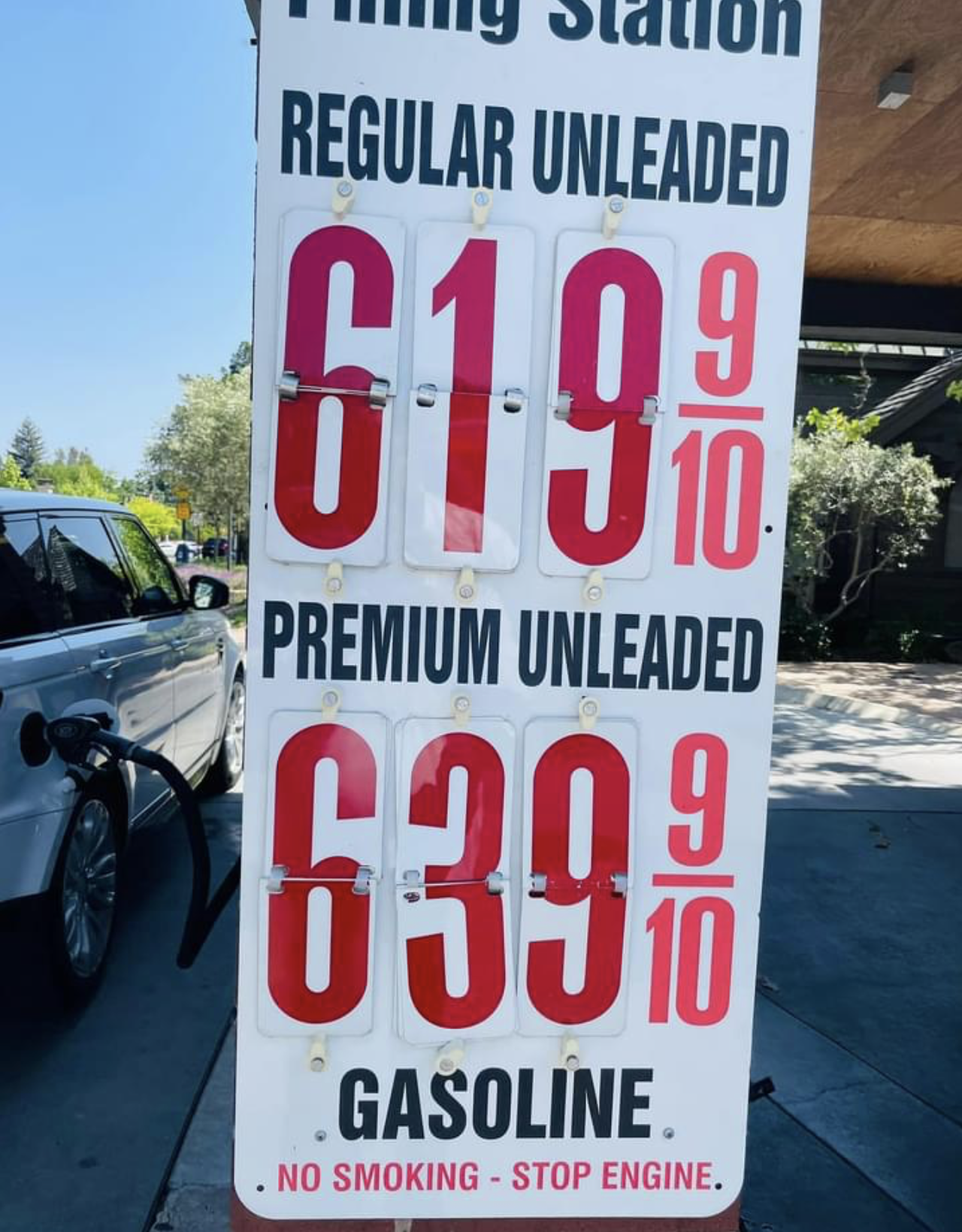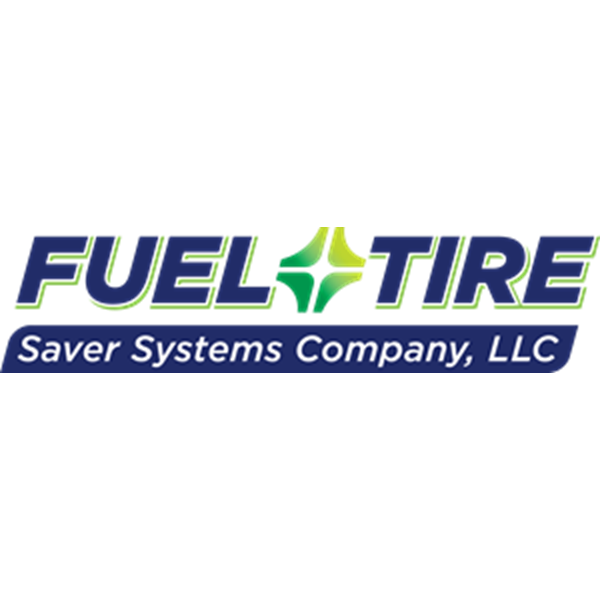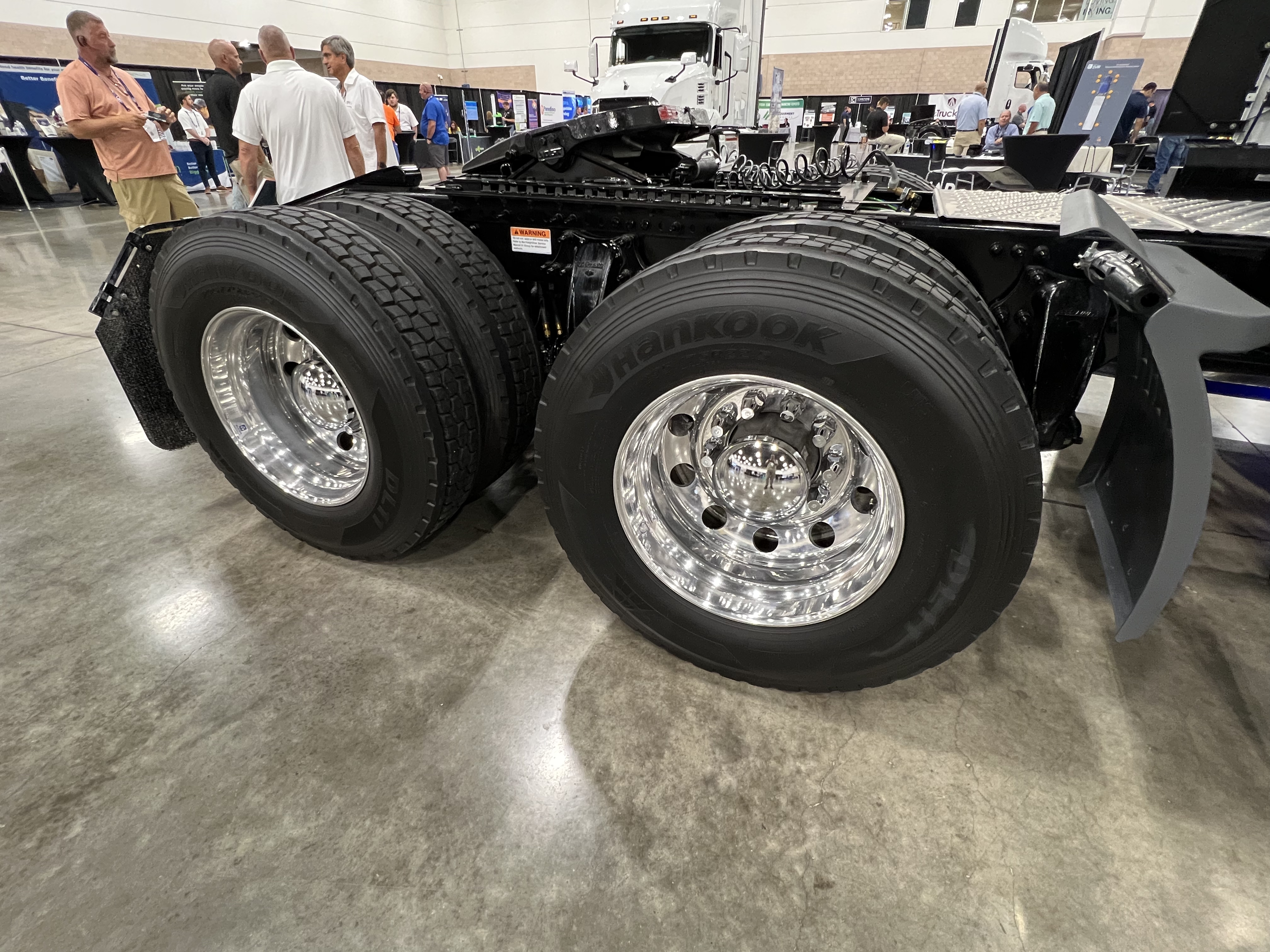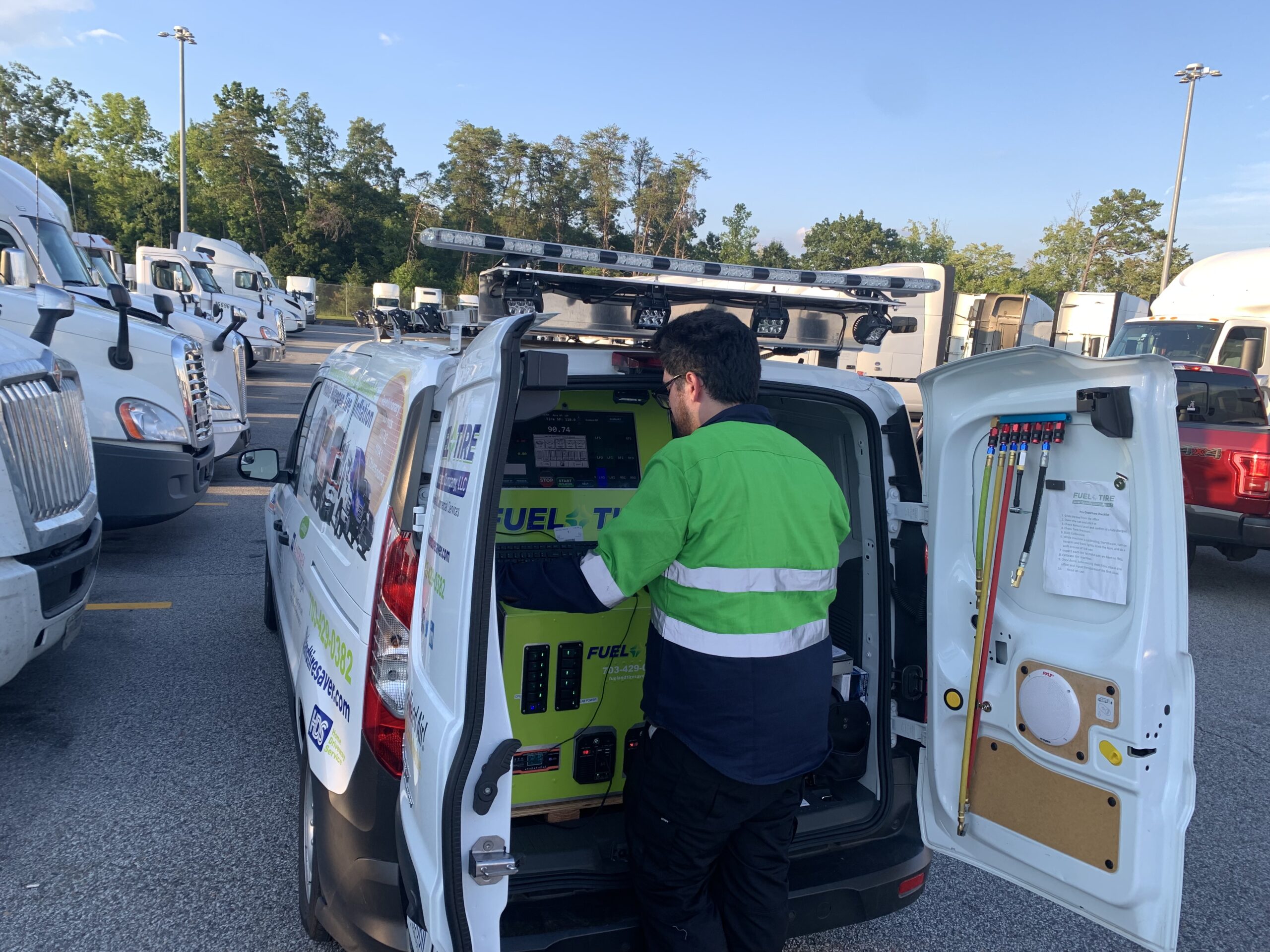In the world of trucking, maintaining optimal tire pressure is crucial for both performance and safety. PPP: Perfect Precision Pressure is an innovative approach that ensures truck tires are inflated to their ideal levels using nitrogen. This method provides numerous benefits, including improved fuel efficiency, extended tire lifespan, and enhanced safety on the road. By utilizing nitrogen, a more stable and less reactive gas compared to oxygen, we can ensure that tire pressure remains consistent over time, reducing the risk of under or over-inflation.
Perfect Precision Pressure is not just about maintaining the correct PSI; it’s about achieving the perfect balance for your fleet’s needs. Proper tire inflation can significantly reduce rolling resistance, which in turn lowers fuel consumption, helping fleets save on operational costs. Moreover, it minimizes tire wear, ensuring that your investments last longer and perform better under various driving conditions.
At Fuel & Tire Saver Systems Company, LLC, we specialize in mobile onsite nitrogen tire inflation services across Virginia, Maryland, Pennsylvania, North Carolina, Tennessee, and Georgia. Our team of experts visits truck fleets to inspect and inflate tires, providing a convenient and effective solution to optimize your fleet’s performance and safety.
Take the first step towards enhancing your fleet’s efficiency and safety with PPP: Perfect Precision Pressure. Request Fleet Pricing, contact our office at (703) 429-0382, or email Mike.LoPresti@fuelandtiresaver.com.
Table of Contents
ToggleBenefits of Precision Tire Pressure

The benefits of Precision Tire Pressure are extensive and impact several critical aspects of truck fleet operations. First and foremost, maintaining the correct tire pressure ensures optimal fuel efficiency. When tires are properly inflated, they offer less rolling resistance, which means engines don’t have to work as hard to move the vehicle. This reduction in effort translates directly into fuel savings, making it a cost-effective measure for any fleet.
Another significant advantage is the extended tire lifespan. Over-inflated or under-inflated tires wear out unevenly and more quickly, leading to premature replacements that can be costly. By using nitrogen to achieve precision tire pressure, fleets can ensure that tires wear evenly and last longer, effectively reducing maintenance costs.
Safety is also a major concern that precision tire pressure addresses. Properly inflated tires provide better traction and handling, particularly in adverse weather conditions. This improves the overall safety of the vehicle, reducing the likelihood of accidents caused by tire blowouts or poor road grip. Additionally, consistent tire pressure helps in maintaining the structural integrity of the tires, which is crucial for heavy-duty vehicles operating under high loads.
Lastly, precision tire pressure contributes to environmental sustainability. By optimizing fuel efficiency, fleets can significantly reduce their carbon footprint, contributing to fewer emissions and promoting greener operations. This not only benefits the environment but also aligns with increasing regulatory demands for eco-friendly practices in the transportation industry.
How Nitrogen Inflation Works

Nitrogen inflation is a technique that has gained traction in recent years due to its numerous advantages over traditional air inflation. But how does nitrogen inflation actually work? The process begins with specialized nitrogen generators that extract nitrogen from the surrounding air. The air we breathe is composed of approximately 78% nitrogen, 21% oxygen, and trace amounts of other gases. These generators separate nitrogen molecules, achieving a purity level of around 95-98%.
Once the nitrogen is extracted, it’s used to fill the tires. Unlike regular air, which contains oxygen and moisture, nitrogen is a dry and inert gas. This lack of moisture is crucial because it prevents the internal corrosion of tire components, thus prolonging the life of the tire. Moreover, nitrogen molecules are larger and less permeable than oxygen molecules, meaning they seep out of the tire at a much slower rate. This results in more stable tire pressure over time, reducing the need for frequent top-ups.
Additionally, nitrogen inflation minimizes the effects of temperature fluctuations. Traditional air-filled tires can experience significant pressure changes with variations in temperature, leading to inconsistent performance and potential safety risks. Nitrogen, on the other hand, maintains a more consistent pressure, ensuring that the tire performs optimally regardless of external temperature conditions. This stability is especially important for truck fleets that operate over long distances and varying climates.
In summary, nitrogen inflation works by leveraging the unique properties of nitrogen gas to provide a more reliable and efficient means of maintaining tire pressure. This not only enhances the performance and safety of the tires but also contributes to cost savings and environmental benefits.
Impact on Fuel Efficiency and Safety
The impact of proper tire inflation on fuel efficiency and safety cannot be overstated, and this is where the **PPP: Perfect Precision Pressure** system truly shines. Under-inflated tires create more rolling resistance, meaning the engine has to work harder to move the vehicle. This additional strain leads to higher fuel consumption. According to studies, maintaining optimal tire pressure can improve fuel efficiency by up to 10%. For truck fleets that cover thousands of miles, this translates to significant savings on fuel costs.
Beyond fuel efficiency, tire pressure plays a critical role in vehicle safety. Under-inflated tires are more prone to overheating, which can lead to tire failure and potentially catastrophic accidents. The increased rolling resistance also accelerates tire wear, reducing their lifespan and necessitating more frequent replacements. Properly inflated tires, maintained through nitrogen inflation, are less likely to suffer from these issues.
Moreover, consistent tire pressure ensures better handling and stability of the vehicle. This is particularly important for large trucks that require precise control to navigate safely. The **PPP: Perfect Precision Pressure** system helps maintain this critical balance, providing drivers with the confidence they need to operate their vehicles safely, even under challenging conditions.
In addition, nitrogen inflation reduces the risk of tire blowouts, which are often caused by pressure fluctuations due to temperature changes. By keeping the tire pressure stable, nitrogen inflation minimizes this risk, enhancing overall road safety for both the truck drivers and other road users.
In essence, the **PPP: Perfect Precision Pressure** system not only boosts fuel efficiency but also significantly enhances the safety of truck operations. This dual benefit makes it an invaluable tool for fleet managers looking to optimize their operations and ensure the safety of their drivers.
Environmental Benefits of PPP

Adopting the **PPP: Perfect Precision Pressure** system offers a multitude of environmental benefits that contribute to a greener and more sustainable future. One of the primary advantages is the reduction in fuel consumption. By ensuring that tires are always inflated to their optimal pressure, the system decreases rolling resistance, thereby reducing the amount of fuel needed to power the truck. This leads to a significant decrease in greenhouse gas emissions, as burning less fuel directly correlates with lower carbon dioxide output.
Moreover, properly inflated tires have a longer lifespan. Frequent under-inflation causes tires to wear out more quickly, leading to an increased need for replacements. This not only generates more waste but also demands more resources for the production of new tires. By extending the life of each tire through consistent inflation, the **PPP: Perfect Precision Pressure** system helps reduce the environmental impact associated with tire manufacturing and disposal.
Another key environmental benefit is the reduction of tire-related particulate matter. Under-inflated tires can shed more rubber as they wear out unevenly, contributing to particulate pollution. This particulate matter can have adverse effects on both human health and the environment. By maintaining proper tire pressure, the **PPP** system minimizes uneven wear and tear, thereby reducing the amount of particulate pollution generated.
Furthermore, nitrogen inflation has its own set of environmental advantages. Nitrogen is less likely to seep through tire walls compared to oxygen, which means tires maintain their optimal pressure for longer periods. This stability reduces the frequency of tire maintenance and checks, thereby conserving resources and reducing the overall environmental footprint of fleet operations.
In conclusion, the **PPP: Perfect Precision Pressure** system not only optimizes fuel efficiency and vehicle safety but also plays a crucial role in promoting environmental sustainability. This makes it an ideal choice for fleet managers who are committed to reducing their environmental impact while also reaping financial and operational benefits.
Implementing PPP for Your Fleet

Implementing **PPP: Perfect Precision Pressure** for your fleet is a straightforward yet transformative process that can yield significant benefits in terms of fuel efficiency, safety, and environmental impact. The first step involves a comprehensive assessment of your current tire maintenance practices and understanding the specific needs of your fleet. This will help tailor the PPP system to suit your operational requirements.
Once the initial assessment is completed, the next phase is the installation of nitrogen inflation systems. This can be done either by retrofitting existing tires or by incorporating the system into new tire purchases. Nitrogen inflation is particularly advantageous because it maintains tire pressure longer than regular air, reducing the frequency of maintenance checks and ensuring consistent performance.
Training your maintenance staff is also a crucial component of the implementation process. They need to be well-versed in the benefits of the PPP system and understand the correct procedures for tire inflation and maintenance. This ensures that the system is used to its fullest potential and that your fleet reaps all the associated benefits.
Monitoring and data collection are essential for evaluating the effectiveness of the PPP system. Regular audits and performance reviews will help you track improvements in fuel efficiency, tire longevity, and overall vehicle safety. This data can also provide valuable insights for making further adjustments to optimize the system.
Finally, integrating the PPP system into your regular maintenance schedule will ensure its long-term success. Regular checks and timely adjustments will keep your fleet running smoothly and efficiently.
Ready to transform your fleet with the PPP: Perfect Precision Pressure system? Request Fleet Pricing, contact our office at (703) 429-0382, or email Mike.LoPresti@fuelandtiresaver.com to get started today!


